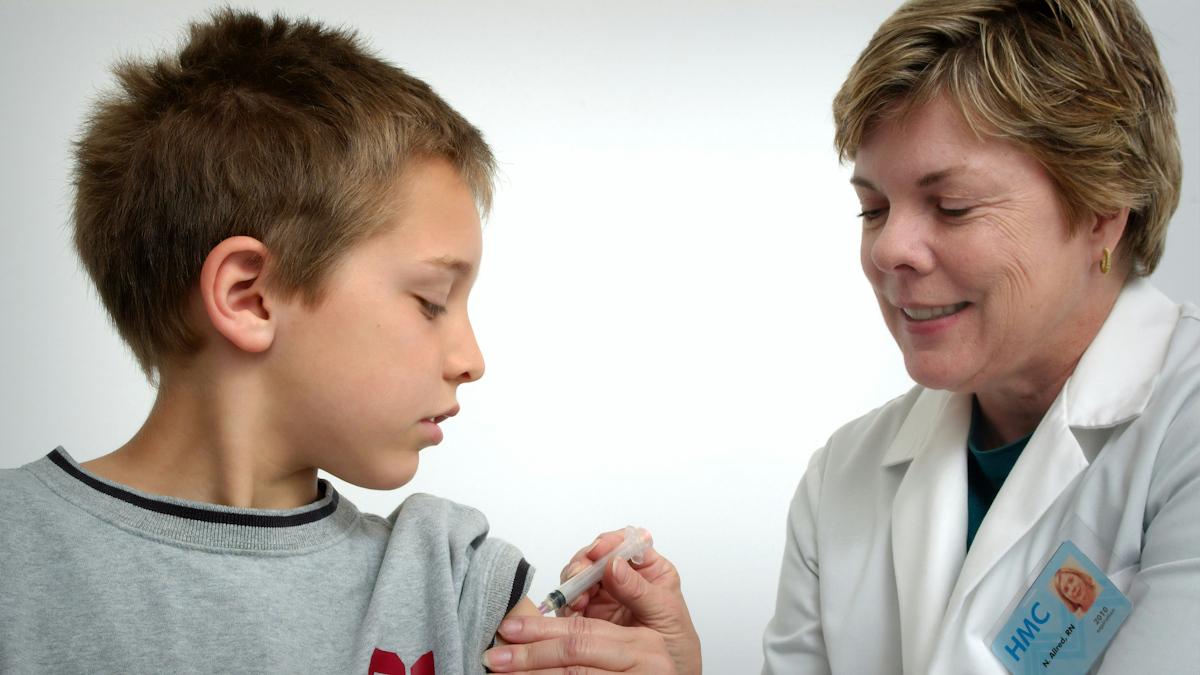Gates Foundation, Wellcome put $550m behind new TB jab

A potentially game-changing new vaccine for tuberculosis is set for a major clinical trials programme, thanks to $550 million in funding from philanthropic organisations the Gates Foundation and Wellcome.
The M72 vaccine was originally developed by GSK, which licensed it to the Gates Foundation in 2020 after concluding that it would be unlikely to see a return on what would be a hefty investment in clinical trials.
The new funding – $400 million from the Gates Foundation and $150 million from Wellcome – clears the way for a large-scale study involving 26,000 young adults in Africa and Southeast Asia, due to start in 2024.
People with and without latent TB will be included in the trial, as well as those living with HIV, for whom TB is a leading cause of death, but it will be several years before results are available.
If it proves effective, M72 could potentially become the first new vaccine for preventing pulmonary TB, an active form of the disease, in more than 100 years. Developing a new TB vaccine is a key step towards ending the TB epidemic by 2035, which is one of the United Nations’ Sustainable Development Goals.
An estimated 10.6 million people contracted TB in 2021 and 1.6 million people died, the second year in a row that showed an increase on those metrics. Before COVID-19, the incidence of TB had been falling around the world, and drug-resistant forms of the pathogen are also becoming more common.
The current live attenuated BCG vaccine has been in use since 1921 and, while it is effective in preventing severe TB disease in infants and young children, it provides limited protection against pulmonary TB in adolescents and adults.
Excitement started to build about M72 when GSK published phase 2 results with the vaccine in the New England Journal of Medicine in 2019, which showed it had a protective efficacy of 50% three years after immunisation - down slightly on 54% on the two-year mark.
According to the WHO, a vaccine with 50% efficacy could save up to 8.5 million lives over a 25-year period, assuming protection lasts for at least five years. It would also prevent up to 76 million new TB cases, avoid the need for 42 million antibiotic courses, and prevent $41.5 billion in ‘catastrophic’ household costs.
Earlier this year, GSK made a commitment to invest £1 billion ($1.2 billion) over the next decade to accelerate R&D on infectious diseases, including TB, that disproportionately impact lower-income countries.













